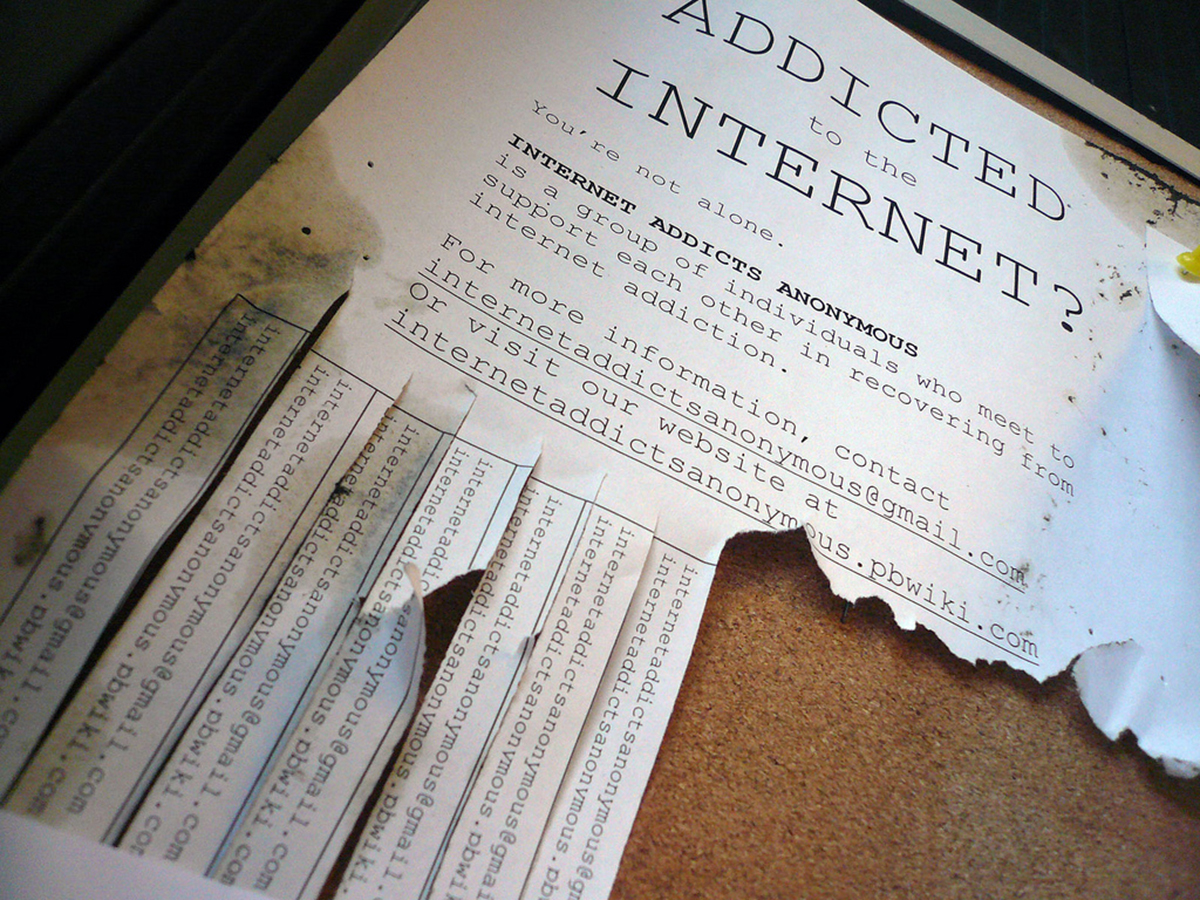Table of Contents
As with any addiction, the first step towards overcoming an internet addiction is recognizing that you have a problem. An internet addiction can impact your relationships with people you love, affect your performance at work, and isolate you from society — often, ironically, as you spend time on so-called social networks such as Facebook. Your partner and children may complain about your frequent internet use, and you may choose to spend time online rather than engaging in real-life social opportunities.

A Korean study into the effects of internet addiction even found that addicts may lose their jobs, have their marriages break down, experience academic failure and find themselves in debt. Kimberly Young, who studied the topic extensively, also found that internet addicts often suffer from other underlying mental disorders, most commonly depression. It's easy to see why: some people find that they have confidence they don't have in real life while they are on the internet. They may create different online personas and some say they lead "secret lives" on the web.
- Suffer from other mental health problems such as Post Traumatic Stress Disorder, depression, anxiety, obsessive compulsive disorder, or agoraphobia.
- Lack social skills or social support.
- Are teenagers.
- Suffer from reduced mobility.
- And I'm pretty sure people whose jobs are internet-based, so they need to spend lots of time online for professional reasons, can get sucked in to addictive behavior on the internet more easily.
Steps Towards Healing
If you believe you are showing signs of a mild internet addiction that has not reached a pathological level, you may be able to handle the issue yourself. Tell everyone, including people on online communities you are almost certainly part of, that you are going to take a break from compulsive internet use. Commit to only using the web for things you need to be doing, things like professional tasks, ebanking, and studying. Set up offline activities that will keep your mind off the web. Turn your modem off after a certain time. Read good books, and interact with real people.
See Also: Sitting Is Killing You - What You Can Do About It?
- Examining the reasons behind your pathological internet use.
- Finding out what your triggers are: when do you spend more time online, and why?
- Making goals that limit your internet use. Set a timer and turn your modem off, something you can set up to happen automatically.
- Building an offline support network.
- Finding healthier ways to deal with stress and anxiety. Fill your day with meaningful offline activities.
- Speaking to a psychologist about Cognitive Behavioral Therapy (CBT) sessions to help you overcome your internet addiction, and also looking into attending an offline (!) support network for internet addicts.
- Photo courtesy of James Cridland via Flickr: www.flickr.com/photos/jamescridland/2769699053
- Photo courtesy of Mandiberg via Flickr: www.flickr.com/photos/theredproject/3686402702


Your thoughts on this